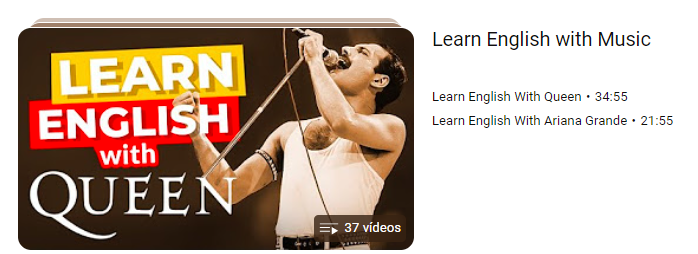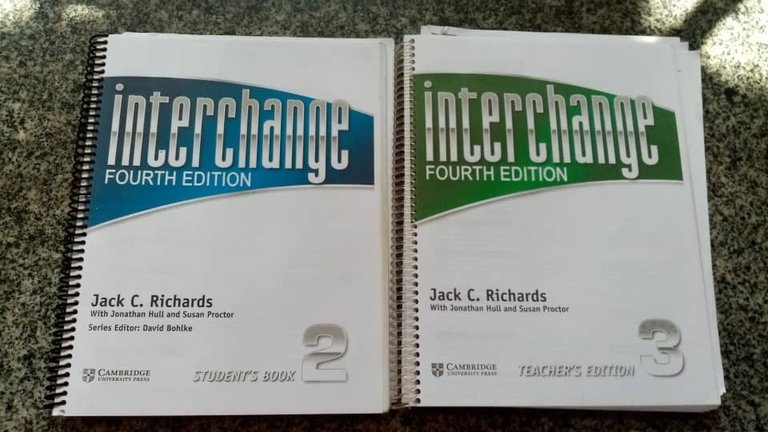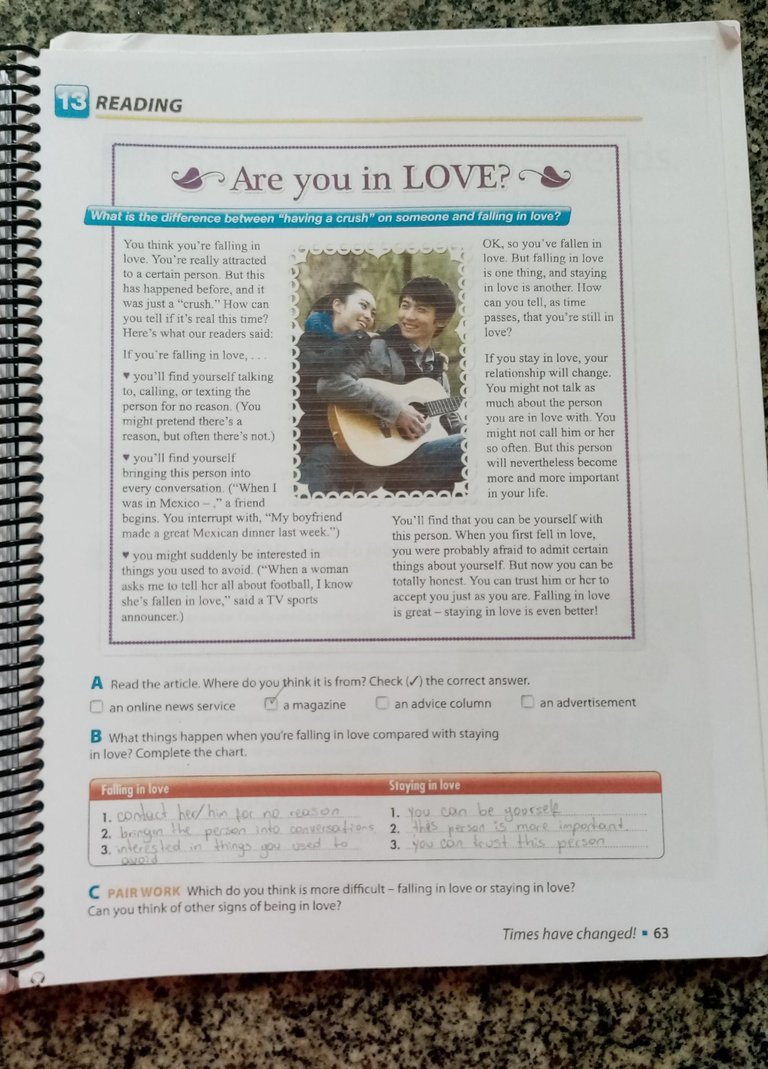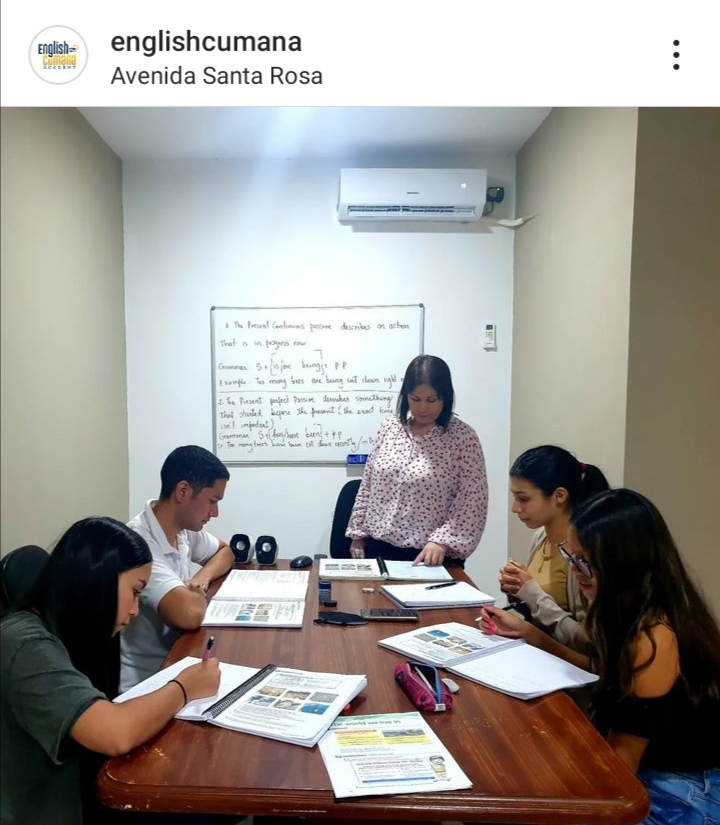

En un mundo tan globalizado como en el que vivimos hoy en día no solamente se ha hecho importante el aprender a utilizar las nuevas tecnologías para poder progresar y abrirnos paso en el mundo profesional y personal, sino también el saber nuevos idiomas se ha vuelto indispensable y casi obligatorio para poder enfrentar los desafíos que se nos puedan presentar. Es por ello que uno de los idiomas más hablados en el mundo, el inglés, ya se ha convertido en un requisito fundamental para poder desarrollar ciertas áreas del conocimiento.
Para ser más específicos, el inglés es de suma importancia en la actualidad por varias razones:
Es considerado el idioma universal, utilizado en comunicaciones internacionales, transacciones comerciales, finanzas y en numerosos puntos del planeta.
Tener un dominio intermedio-alto del inglés se ha vuelto un requisito para acceder a muchas fuentes de empleo a nivel internacional.
El inglés es el idioma de Internet, la banca internacional, películas, música, videojuegos, noticias, etc., lo que permite conocer otras culturas, estilos de vida y hacer amigos en todo el mundo.
En el ámbito de los negocios y las finanzas, el inglés es fundamental, siendo el idioma internacional de negocios y esencial en los centros financieros del mundo.
Muchas personas no saben por donde empezar para poder aprender un idioma como éste, que comparado con otros es más simple debido a sus estructuras gramaticales. Muchas veces esto ocurre debido al temor a iniciar desde cero, o también a la falta de interés o motivación propia o de factores externos como familiares, amigos o conocidos.
En mi experiencia personal, al iniciar mi educación secundaria, me di cuenta que a medida que vamos avanzando en el contenido programático de la materia "Inglés", vamos dando un paseo por todo el idioma, sus estructuras, jergas, vocabulario, y todo esto sin darnos cuenta o darle importancia. Obviamente, en estas clases no enseñan todo el vocabulario requerido (al igual que en academias de ingles), ya quedará de parte del estudiante expandirla con distintas herramientas que ayuden a reforzar lo aprendido. Esto puede ser mediante:
- Videos en Youtube: ya sea leer letras de canciones en el idioma inglés y traducir aquellas palabras de las cuales no se sabe el significado. Además al cantar la canción se estaría practicando la pronunciación.

Leer historias: pueden ser libros, historias de autores independientes en sitios de fanfiction, comics, blogs, noticias. Al principio siempre tratando de buscar aquellos que tengan un vocabulario sumamente simple para irse acostumbrando a leer e interpretar el idioma.
Aplicaciones: el uso de las tecnologías es de gran utilidad hoy en día, en donde las aplicaciones para aprender idiomas sirven de gran ayuda para motivar y estimular el aprendizaje de los nuevos hablantes con actividades didácticas y que no toman mucho tiempo.

- Hablar con personas que sepan el idioma: aunque a veces pueda ser un poco retante, esto ayudará a tener una retroalimentación, ellos aprenderán de ti y tu de ellos.

Además de lo anteriormente mencionado podemos encontrar en línea muchos libros de editoriales reconocidas a nivel mundial como Richmond, Cambridge y Oxford, que traen todo el material necesario para ser outodidacta. En algunas unidades podemos encontrar los famosos listening, los cuales la mayoría del tiempo están disponibles en Youtube o páginas para descargar estos libros.
Yo utilicé el libro Interchange de Cambridge y, aunque para ese entonces me encontraba en una academia de inglés, en mis tiempos libres me dedicaba a aprender las nuevas unidades antes que mis compañeros (porque era divertido), y todo esto gracias a las herramientas que pude encontrar en internet.



Hasta el día de hoy sigo formándome como hablante del idioma inglés, viendo películas en ingles con subtítulos en inglés; llamo a mis amigos del curso, el cual ya terminé, para no perder la costumbre de hablar y reaccionar rápido a preguntas. Sigo escuchando música en este idioma, las canto y traduzco aquellas frases que se me hacen extrañas.

¿Cuál será mi siguiente paso? Como estudiante de ingeniería naval será aprender Chino, el idioma del comercio marítimo internacional en conjunto con el inglés.
Si deseas aprender inglés puedes comenzar por:
Interchange - Intro (Student's book - Third Edition)
Interchange - Intro (Class audio)
Gracias por leer.
Texto e imágenes: @valentina23



Greetings to all the members of this community dedicated to learning and education, to those educators who decide to create future professionals, and to those individuals who everyday decide to expand their knowledge.
In such a globalized world as the one we live in today, it has become important not only to learn to use new technologies in order to progress and make our way in the professional and personal world, but also to know new languages has become essential and almost obligatory to face the challenges that may arise. That is why one of the most spoken languages in the world, English, has become a fundamental requirement to develop certain areas of knowledge.
To be more specific, English is of utmost importance today for several reasons:
- It is considered the universal language, used in international communications, business transactions, finance, and in numerous points of the planet.
- Having an intermediate to advanced command of English has become a requirement to access many sources of international employment.
- English is the language of the internet, international banking, movies, music, video games, news, etc; allowing us to learn about other cultures, lifestyles, and make friends all over the world.
- In the field of business and finance, English is fundamental, being the international language of business and essential in the world's financial centers.
Many people don't know where to start to learn a language like this, which compared to others is simpler due to its grammatical structures. This often occurs due to the fear of starting from scratch, or the lack of interest or motivation from oneself or external factors such as family, friends, or acquaintances.
In my personal experience, as I started my high school education, I realized that as we advance in the programmatic content of the subject "English", we take a walk through the entire English language, its structures, jargon, vocabulary, and all this without realizing or giving it importance. Obviously, in these classes they do not teach all the required vocabulary (just like in English academies), so it will be up to the student to expand it with different tools that help reinforce what has been learned. This can be done through:
- YouTube videos: whether it's reading song lyrics in English and translating those words whose meaning is not known. Also, singing the song would be practicing pronunciation.

- Reading stories: they can be books, stories by independent authors on fanfiction sites, comics, blogs, news. At first, always trying to look for those that have a very simple vocabulary to get used to reading and interpreting the language.
- Applications: the use of technology is very useful today, where language learning apps are of great help to motivate and stimulate the learning of new speakers with didactic activities that do not take much time.

- Speaking with people who know the language: although it can be a little challenging at times, this will help to have feedback, they will learn from you and you from them.

In addition to the aforementioned, we can find online many books from globally recognized publishers such as Richmond, Cambridge, and Oxford, that bring all the necessary material to be self-taught. In some units, we can find the famous listening exercises, which are mostly available on YouTube or pages to download these books.
I used the Interchange book from Cambridge and, although at that time I was in an English academy, in my free time I dedicated myself to learning the new units before my classmates (because it was fun), all thanks to the tools I could find on the internet.



To this day I continue to educate myself as a speaker of the English language, watching movies in English with English subtitles; I call my course friends, which I have already finished, to not lose the habit of speaking and reacting quickly to questions. I continue to listen to music in this language, sing it, and translate those phrases that seem strange to me.

What will be my next step? As a naval engineering student, it will be to learn Chinese, the language of international maritime trade, along with English.
If you want to learn English you can start by:
Thanks for reading.
Text and images: @valentina23
English translation: @valentina23

Gracias por compartir estos tips, que son importantes para los que se están iniciando en este idioma mi bella. Me encantó tu contenido. Abrazos
Gracias bella, a la orden siempre en lo refrente a este tema 😘
Congratulations @valentina23! You have completed the following achievement on the Hive blockchain And have been rewarded with New badge(s)
Your next target is to reach 500 comments.
You can view your badges on your board and compare yourself to others in the Ranking
If you no longer want to receive notifications, reply to this comment with the word
STOPTo support your work, I also upvoted your post!
Check out our last posts: